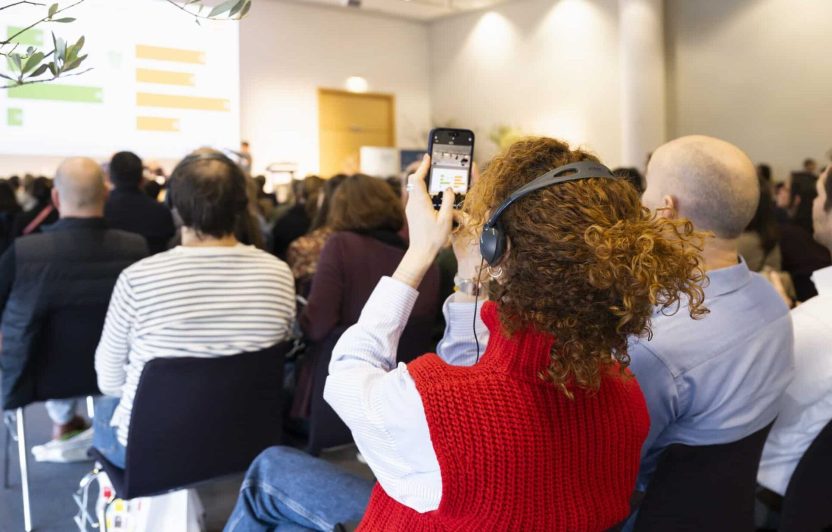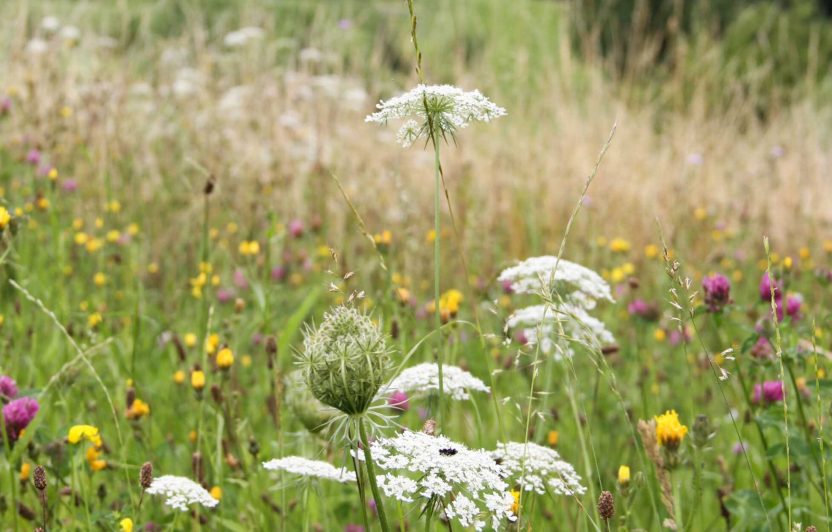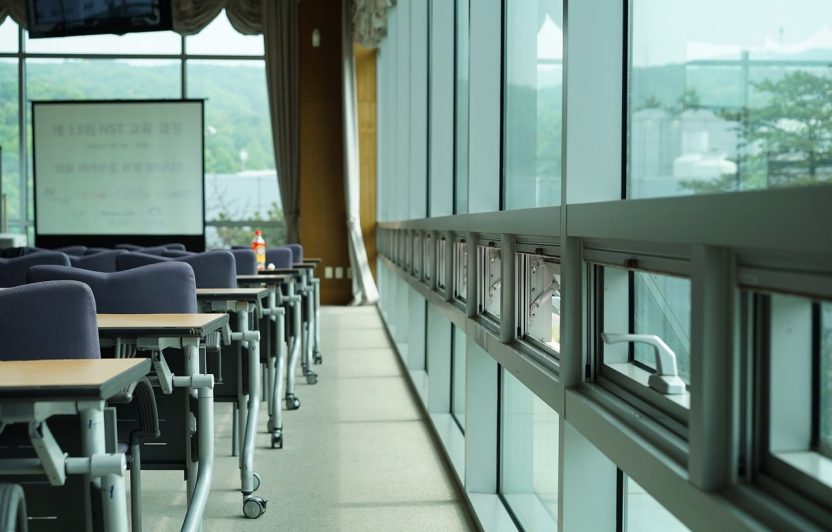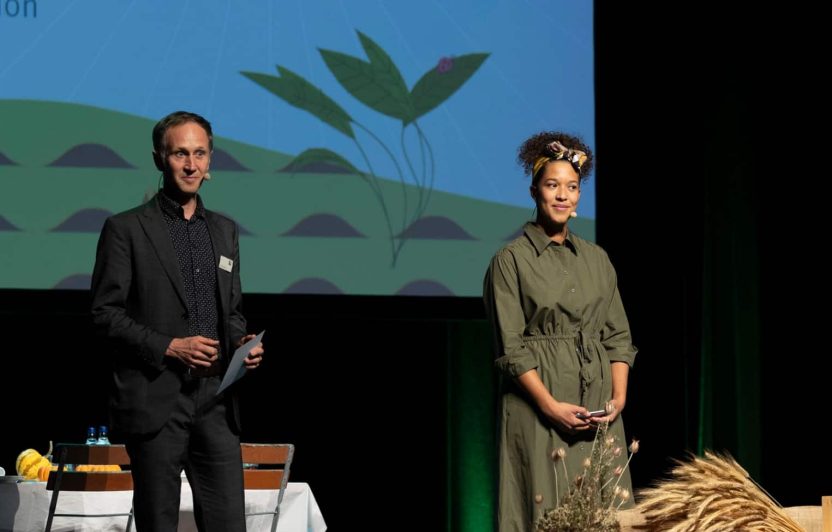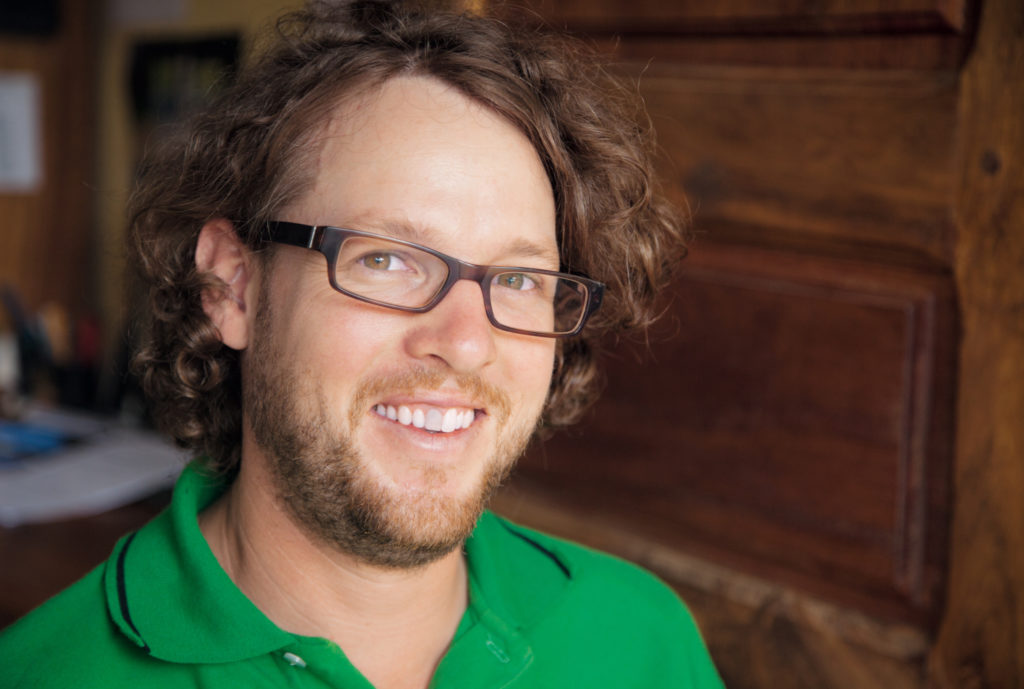
By the time of my video call with Alexander Wostry (watch video at the end of this article), head of our partner organisation Sustainable Agriculture Tanzania (SAT), 13 Coronavirus cases had already been verified in Tanzania. It is already clear that public life in Tanzania must be scaled back to prevent the rapid spread of the virus. SAT works in the Morogoro region, where about three quarters of the population depend on agriculture for their livelihoods. In its training centre, SAT normally shows hundreds of farmers how they can grow their food without using chemical synthetic pesticides by using agroecological methods. But meeting as a group is no longer allowed in Tanzania.
Alexander, are the training courses in organic farming methods for smallholders now cancelled?
We are taking the situation seriously and have adapted our training plan to allow us to inform the farmers about the Coronavirus. We have linked it directly to hygiene training. We have demonstrated how farmers can wash their hands properly and installed a “TipTap”, a canister suspended from two wooden sticks where they can wash their hands with the help of a wooden pedal (see video min.1.19). We are not allowed to meet with the farmers as a group anymore, though.
As a result, we are now giving guidance for crop cultivation via telephone or WhatsApp. We have equipped some farmers with smartphones to communicate with them. The rainy season is just beginning in Tanzania, so we cannot simply postpone the start of the farming season.
What other measures have you been able to take?
This week, we were able to rapidly deliver 7,000 trees to farming families in the villages. That makes five or six villages that can now plant trees to improve the soil, prevent erosion or provide the village with cattle feed.
We are now providing advice, marketing and other activities as best as we can to improve food security during the crisis. Our slogan is: We are part of the food system. We cannot just stop working now. We are needed now more than ever.
Could markets close, as has happened in Switzerland?
We hope not. That would be disastrous, because in Tanzania an estimated 30 per cent of the population cannot afford to stock up on supplies. Such measures would therefore have devastating consequences. The task now is to show alternative possibilities. For example, we offer a handwashing station in our organic food store, put the purchases together ourselves and offer cashless payment by telephone.
How are you yourselves adjusting to the situation?
We have had several meetings and created a Coronavirus committee that is working on specific plans. We are also waiting for and adapting to the guidelines issued by the government.
We have ensured that everyone in the projects is active, either in the office or in the field. We will continue to conduct field visits, but only with individuals rather than groups.
We can also continue the participatory guarantee system. This system provides tools that we use to enable farmers to certify themselves under the “East African Organic Products Standard”.
Additionally, we are renovating our shop. People should feel safe when they come to us. We also want to be a role model in dealing with this situation.

Was plant ihr für die nahe Zukunft?
Wir hoffen, dass es nach dem 10. April wieder Möglichkeiten gibt, die Trainings durchzuführen. Ansonsten müssen wir uns vermehrt mit der Kommunikationstechnologie auseinandersetzen. Häufig ist die Internetverbindung jedoch nicht so gut, was den Technologieeinsatz erschwert.
Abgesehen davon starten wir Umfragen bei den Bauern via Telefon, um zu erörtern, wo und in welcher Form Hilfe benötigt wird.
Hast du die Hoffnung, dass diese Krise auch einen positiven Einfluss haben kann?
Sie lässt uns global zusammenwachsen und erkennen, dass es nur gemeinsam geht auf dieser Welt. Ich glaube, dass das Coronavirus ein wichtiger Weckruf ist. Wenn wir nämlich jetzt bezüglich des Klimawandels nichts machen, werden wir wahrscheinlich in den nächsten 10 bis 20 Jahren in eine noch grössere Krise schlittern. Insofern ist das jetzt ein wichtiges Ereignis, das uns dazu zwingt, über unseren bisherigen Lebensstil nachzudenken.
Ich glaube, dass diese ganze Geschichte, das Auseinandersetzen mit Hygiene, Sicherheit und so weiter im Zusammenhang mit dem Coronavirus der biologischen Landwirtschaft einen Aufschwung verleihen wird. Erstens, weil sie Ernährungssicherheit garantiert, und zweitens, weil die Umstellung auf Bio auch eine gute Möglichkeit ist, Arbeit zu beschaffen. So glaube ich, dass wir mit der Krise ein neues System aufbauen können. Wir müssen uns jetzt unserer Wünsche und Ziele bewusst werden, um diese vor Augen zu haben, sobald wir die Krise hinter uns gelassen haben.
Corona in Tanzania: Hygiene training in organic farming courses


